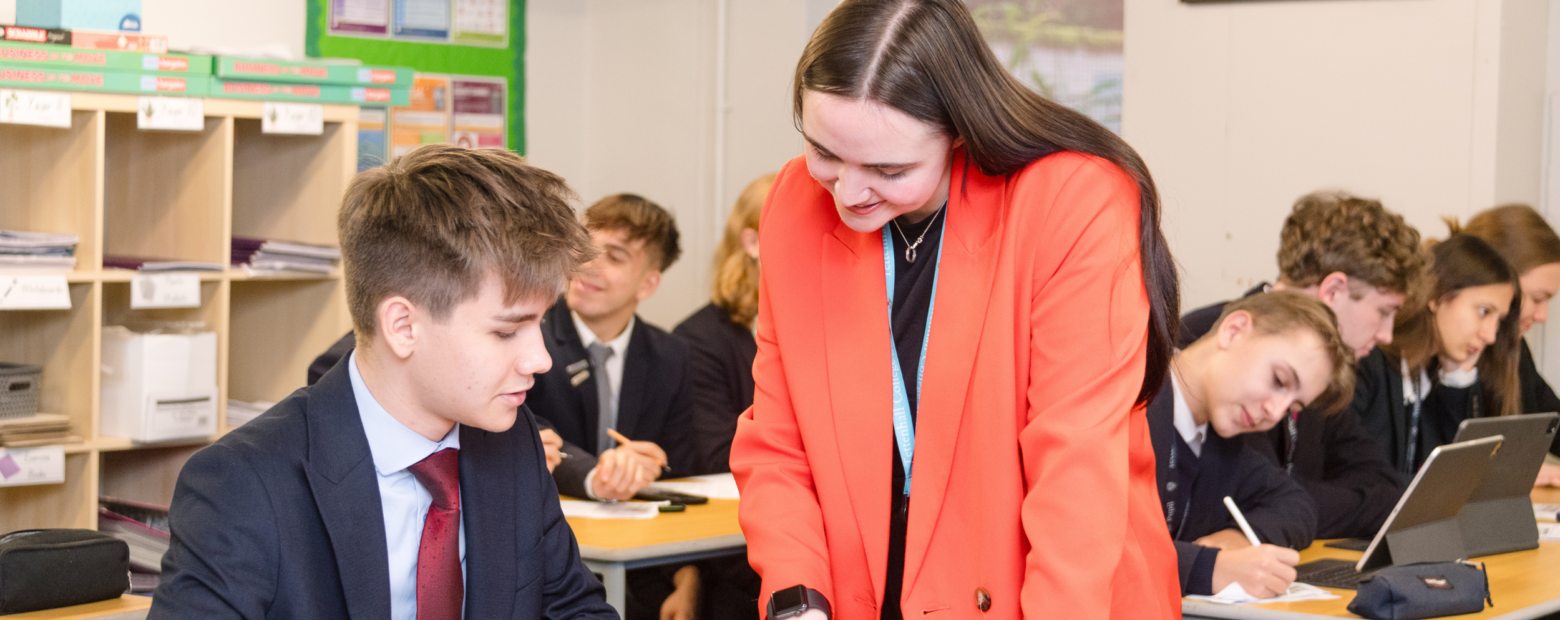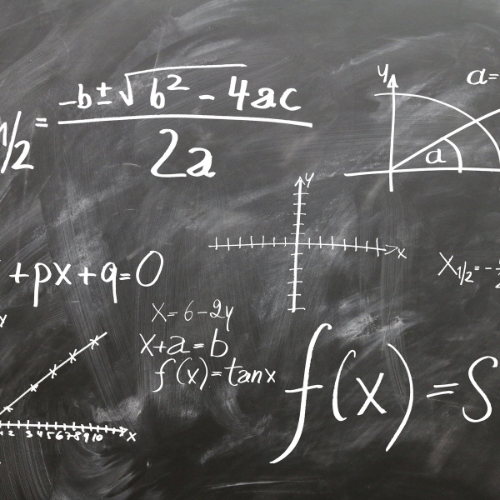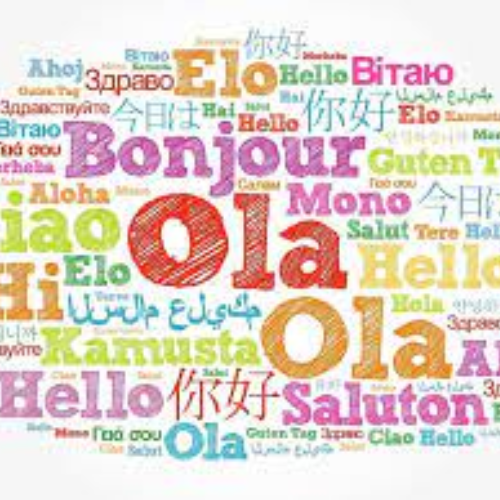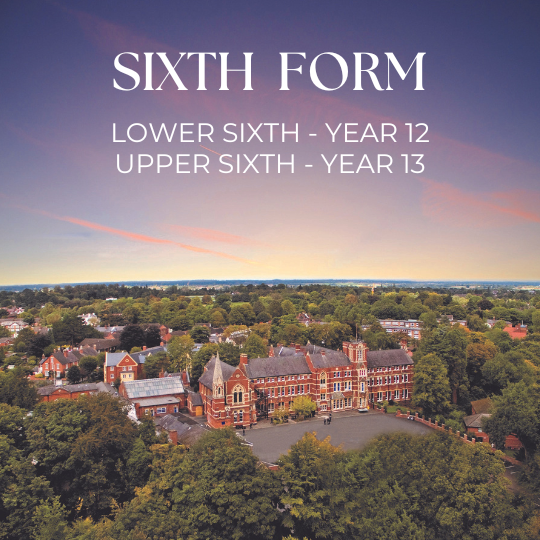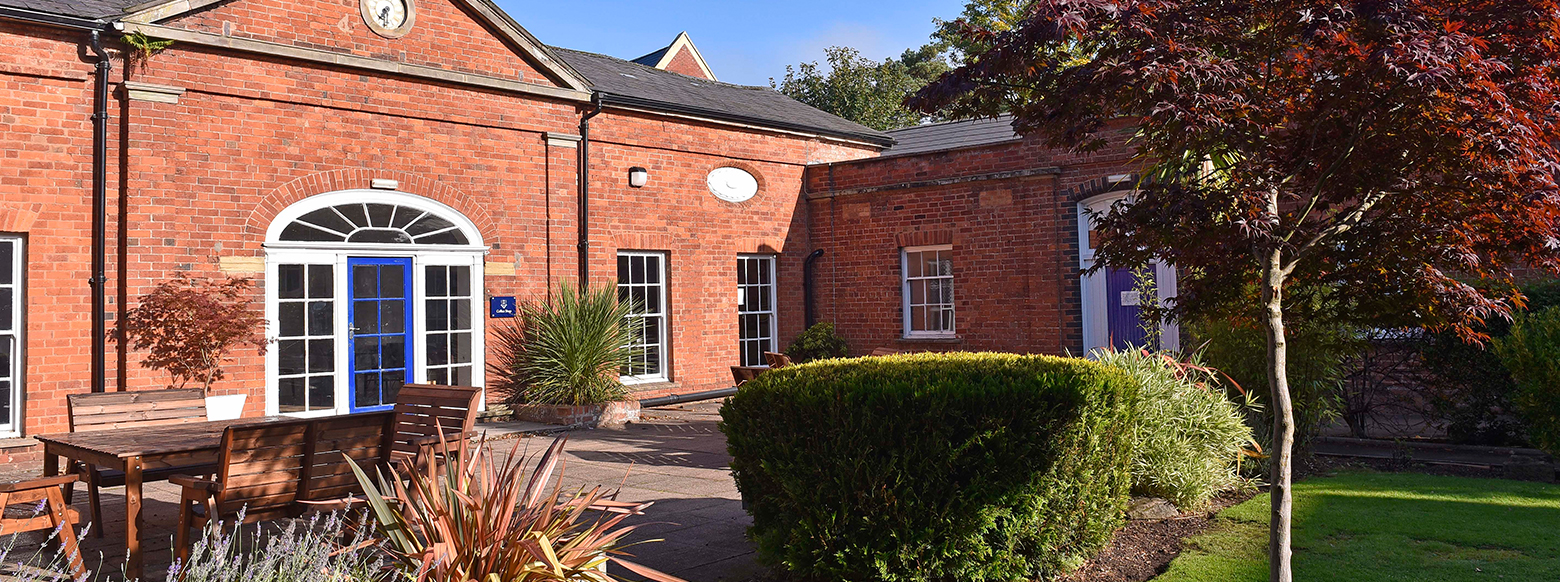“Music is a more potent instrument than any other for education because rhythm and harmony find their way into the inward places of the soul.”
Plato
The A Level music course offered at Tettenhall College is designed to provide pupils with a wide range of skills and experiences. Practically, pupils will improve their performance ability up to Grade 7 standard or higher, which could allow more able pupils entry to music college or university courses. All pupils will study composition styles ranging from traditional harmony (Bach Chorale and Baroque Counterpoint) through to the more modern styles of popular music. The final examination brings together the pupils’ understanding of set works from a very wide range of musical genres, and assesses their ability to appraise and contrast these works with other wider listening undertaken throughout the course.
The set works cover an exciting and varied range of musical styles – Instrumental Music, Vocal Music, Music for Film and TV, Popular Music and Jazz, Fusions and New Directions in Music. Pupils will study music composed by Bach, Mozart, Clara Schumann, Claude Debussy, Kate Bush, The Beatles, Danny Elfman and Courtney Pine amongst others.
The music industry is vast and needs talented performers, composers and technicians to support it. Job opportunities exist in all spheres of music from classical to contemporary popular music and as a result a wide variety of university courses are on offer depending on individuals’ strengths.
Composer/Arranger (film, video games, orchestral etc), Performer/Musical Director (classical, theatre, rock/pop etc), Music Writer/Journalist, Music Teacher, Arts Administration, Music Administration, Sound Engineering and Recording.
Recommended entry criteria:
- Grade 6 or equivalent in GCSE Music
- Performance experience on an instrument/ voice with capability to perform repertoire of a minimum practical grade 5 standard from any published music examining board
- A solid grounding in musical terminology and music theory typically associated with appraising / listening tasks in the GCSE Music course.
How will I be assessed?
Component 1 – Performing (Coursework externally moderated – worth 30% of final grade)
All pupils are required to submit an 8-10 minute recording which may comprise solos and/or ensemble performances. It is recommended that pupils perform at Grade 6 or 7 standard for this component.
Component 2 – Composition and Technical Study (Examination externally assessed – worth 30% of final grade). Pupils are to complete two compositions resulting in a submission totalling 6 minutes. One of these compositions must be in response to a brief set by the examination board and the other will assess technique in musical composition.
Component 3 – Appraising (Examination externally assessed – worth 40% of final grade). Assessment is through a 2-hour examination paper comprising three sections. Pupils will be assessed on their aural analysis (listening) skills and their understanding of set works, analysing works from a written score.
Course – A Level Music
Exam board – Edexcel – Pearson

